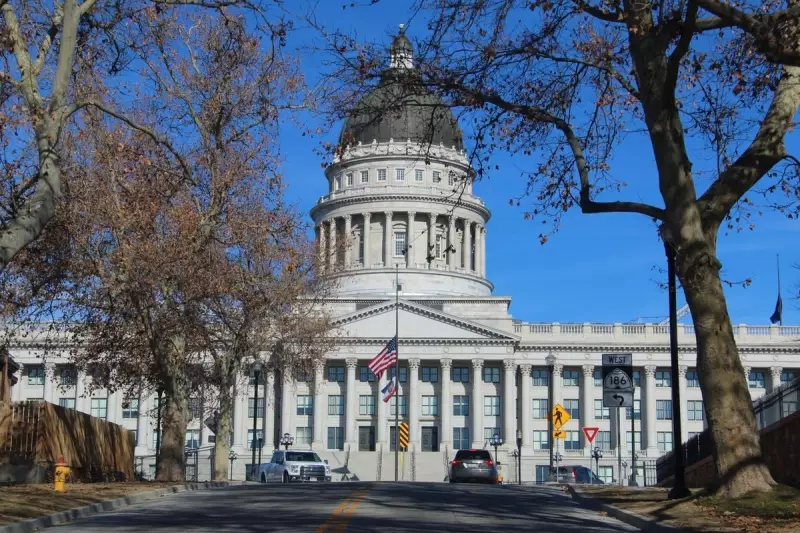
In a landmark decision that could dramatically alter Utah's political future, the US Supreme Court has cleared the way for a voter-led independent commission to redraw the state's congressional districts. The court's rejection of Utah's final appeal marks a decisive victory for electoral reform advocates and sets the stage for a fundamental reshaping of the state's electoral map ahead of the 2026 midterm elections.
The ruling upholds the constitutionality of Proposition 4, a ballot initiative approved by voters in 2018 that established the Utah Independent Redistricting Commission. This seven-member body, comprising political independents and experts, will now take primary responsibility for creating fairer congressional boundaries, stripping the power from the state's Republican-dominated legislature.
A Victory Against Gerrymandering
This development represents a significant blow to partisan gerrymandering in Utah, where Republican lawmakers had previously drawn districts that heavily favoured their party. The independent commission's mandate requires them to create districts that respect county and municipal boundaries while ensuring fair representation for all voters, regardless of political affiliation.
Legal experts note that this decision could establish a powerful precedent for other states considering similar redistricting reforms. The Supreme Court's refusal to hear Utah's appeal effectively endorses the model of citizen-led electoral reform through ballot initiatives.
What This Means for 2026 Elections
The newly drawn districts could create competitive races in areas previously considered safe Republican seats. Political analysts suggest that Utah's rapidly growing and diversifying population, particularly in Salt Lake County, might finally gain proportional representation in Congress.
The redistricting process will begin in earnest following the 2025 state legislative session, with the commission expected to present its proposed maps by late 2025 or early 2026. These maps will then be submitted to the state legislature for consideration, though lawmakers will face increased public scrutiny should they attempt to make significant alterations.
This decision culminates a six-year legal battle that has pitted voter advocacy groups against state officials. Reform advocates have hailed the Supreme Court's move as a triumph for democratic principles and a validation of citizens' ability to shape their electoral systems through direct democracy.





